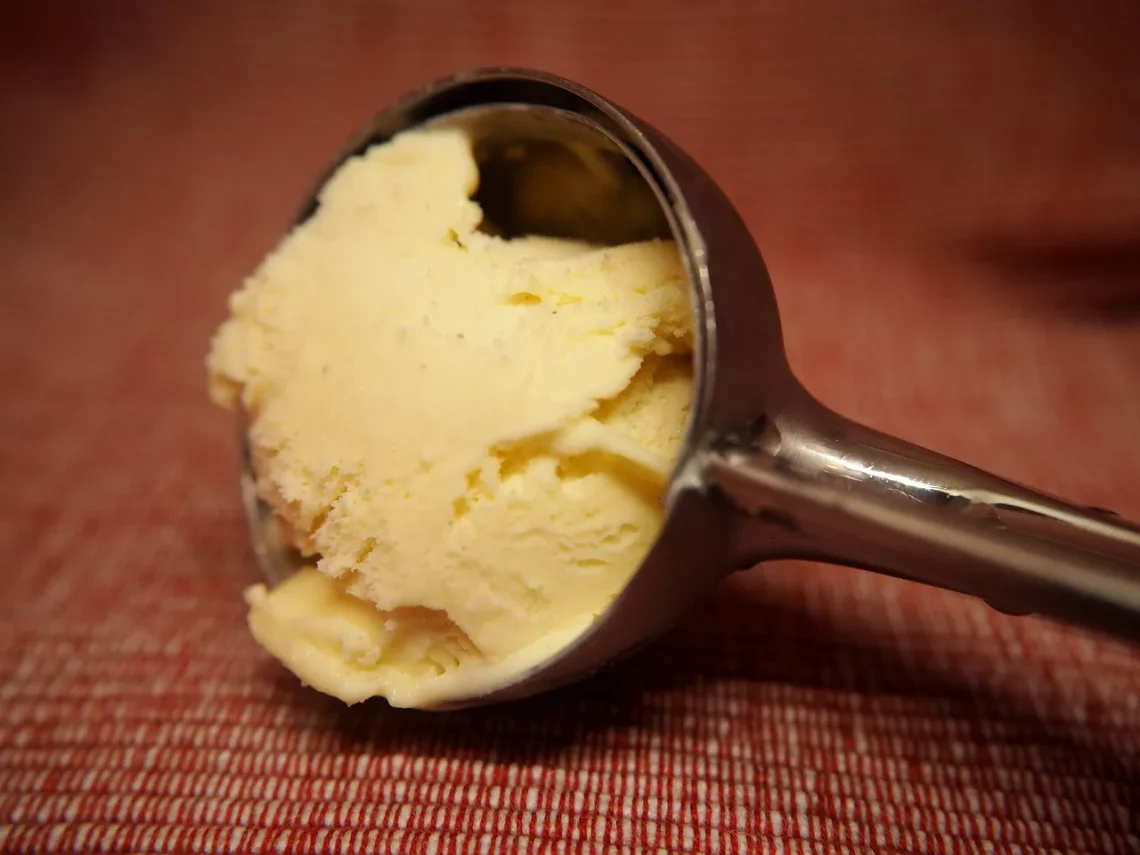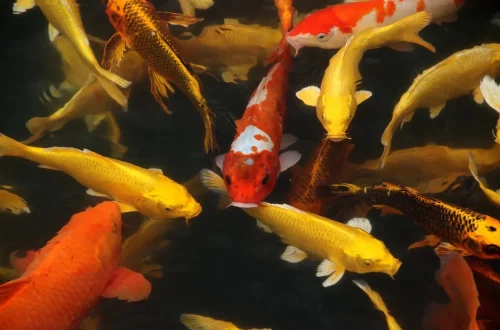
Can You Get Drunk from Vanilla Extract? The Surprising Truth
Vanilla extract is a staple in many kitchens, known for its rich aroma and flavor that enhances a variety of dishes and desserts. Derived from the vanilla bean, this extract has been used for centuries, not only for cooking and baking but also for its potential health benefits. However, a question often arises: can you get drunk from vanilla extract? This intriguing inquiry leads us to explore the alcohol content in vanilla extract, its culinary uses, and the implications of consuming it in larger quantities.
While most people use vanilla extract simply as a flavoring agent, there’s a surprising amount of alcohol present in some brands. This leads to misconceptions and curiosity about its effects when consumed in significant amounts. Understanding the production process of vanilla extract and its intended use is essential to addressing concerns about its alcohol content. As we delve deeper into this topic, it becomes clear that vanilla extract serves a unique role in both gastronomy and culture, making it a fascinating subject for exploration.
The Alcohol Content in Vanilla Extract
To understand whether one can get drunk from vanilla extract, it’s crucial to first look at its alcohol content. Most commercial vanilla extracts contain about 35% alcohol by volume (ABV), which is comparable to many spirits. This high concentration stems from the extraction process, where vanilla beans are soaked in alcohol to draw out their flavor compounds.
While this might sound alarming, the way vanilla extract is used in cooking limits the amount of alcohol consumed. Typically, recipes call for only a teaspoon or two, which translates to a negligible amount of alcohol when mixed into large batches of food. For instance, if you add one teaspoon of vanilla extract to a cake batter, the alcohol will evaporate during baking, leaving behind the desired flavor without the intoxicating effects.
However, the potential for intoxication arises when vanilla extract is consumed in large quantities or undiluted. Some individuals may attempt to drink vanilla extract for its alcohol content, but this is not advisable. Not only can the concentrated alcohol cause adverse effects, but the other compounds present in vanilla extract, such as vanillin, are not intended for direct consumption in large amounts and could lead to digestive discomfort or toxicity.
In summary, while vanilla extract contains a significant amount of alcohol, its typical use in cooking and baking ensures that it is safe and non-intoxicating when used properly. Consuming it in moderation as part of a recipe is unlikely to have any negative effects, but drinking it straight or in excessive amounts could lead to unwanted consequences.
Culinary Uses of Vanilla Extract
Vanilla extract is a versatile ingredient that enhances the flavor of countless dishes and baked goods. Its rich, warm taste is beloved in both sweet and savory recipes, making it a must-have in many kitchens. Common uses include flavoring cakes, cookies, and ice creams, but its applications extend far beyond desserts.
In savory dishes, vanilla can add depth and complexity. For example, it can be used to enhance the flavors of marinades or sauces, particularly those involving fruits or spices. The subtle sweetness of vanilla pairs beautifully with ingredients like citrus, cinnamon, and ginger, creating a harmonious blend of flavors.
Moreover, vanilla extract is often used in beverages. It can add a delightful twist to coffee, hot chocolate, or smoothies. Many people enjoy incorporating vanilla into their morning routines, finding that it elevates their drinks to a new level.
Aside from its flavor, vanilla has been praised for its potential health benefits, such as antioxidant properties. Some studies suggest that vanilla may help in reducing inflammation and improving heart health. While these claims warrant further research, it’s clear that vanilla extract serves not just as a flavoring agent but as a component that may contribute positively to a balanced diet.
When using vanilla extract in cooking, it’s essential to choose high-quality products. Pure vanilla extract, made from real vanilla beans, typically offers a richer flavor compared to imitation vanilla, which is often synthetic. Investing in quality vanilla extract can enhance your culinary creations, providing a more authentic taste.
In conclusion, vanilla extract is a cherished ingredient in both sweet and savory cooking. It adds complexity and depth to a wide array of dishes, making it invaluable in the culinary world. Understanding its uses and properties can help home cooks appreciate this ingredient even more.
The Cultural Significance of Vanilla
Vanilla is not only a popular culinary ingredient but also holds significant cultural importance in various societies around the world. Its origins trace back to Mesoamerica, where the Totonac people first cultivated vanilla orchids. The Aztecs later adopted vanilla, using it to flavor their chocolate drinks, and it became a symbol of luxury and exoticism.
As vanilla spread across Europe during the colonial era, it was embraced by aristocrats and culinary enthusiasts alike. Its association with wealth and indulgence persists today, often being used in gourmet products and high-end desserts. The cultural significance of vanilla is evident in its presence in literature, art, and even perfume-making, where it is frequently used as a base note due to its warm and inviting aroma.
In various cultures, vanilla has also been associated with love and romance. It is often included in aphrodisiac recipes and is a popular scent in candles and fragrances designed to evoke passion and intimacy. This connection to love is reflected in the widespread use of vanilla-flavored products during celebrations and special occasions, making it a staple in festive treats.
Furthermore, vanilla cultivation has significant economic implications in regions where it is grown. The labor-intensive process of pollination and harvesting vanilla beans creates job opportunities for local communities, particularly in Madagascar, which produces a large percentage of the world’s vanilla. The challenges of vanilla farming, including climate change and market fluctuations, have made it increasingly important to support ethical and sustainable sourcing practices.
In summary, vanilla is much more than just a flavoring agent; it carries deep cultural, historical, and economic significance. From its roots in ancient Mesoamerica to its status as a beloved ingredient worldwide, vanilla continues to influence various aspects of life, making it a fascinating topic of exploration.
Health Considerations and Risks
While vanilla extract is generally safe for consumption, there are important health considerations to keep in mind. As previously mentioned, the alcohol content in vanilla extract can lead to intoxication if consumed in large amounts, which is not advisable. Additionally, some people may experience allergic reactions to vanilla or its components, although this is relatively rare.
For individuals with certain health conditions, such as liver disease or alcohol sensitivity, even small amounts of alcohol can pose risks. It’s essential for these individuals to consult healthcare professionals before consuming products containing alcohol, including vanilla extract.
Moreover, the sugar content in many vanilla-flavored products, especially those found in commercial desserts and beverages, can contribute to health issues like obesity and diabetes if consumed excessively. It is crucial to be mindful of portion sizes and overall sugar intake, particularly for those managing their weight or blood sugar levels.
In terms of dietary restrictions, pure vanilla extract is typically gluten-free and vegan, making it suitable for most diets. However, always check labels for any additional ingredients or additives that may not align with specific dietary needs.
Lastly, it’s worth noting that while vanilla extract may have some health benefits, it should not be relied upon as a medicinal remedy. As with any ingredient, moderation is key.
**Disclaimer:** This article is not intended as medical advice. If you have health concerns or conditions, please consult a healthcare professional for guidance.
In conclusion, vanilla extract is a beloved ingredient that has both culinary and cultural significance. Its alcohol content raises important questions about consumption, but when used appropriately, it can enhance a wide array of dishes without adverse effects. Understanding the nuances of vanilla extract allows for a richer appreciation of this versatile and flavorful ingredient.




